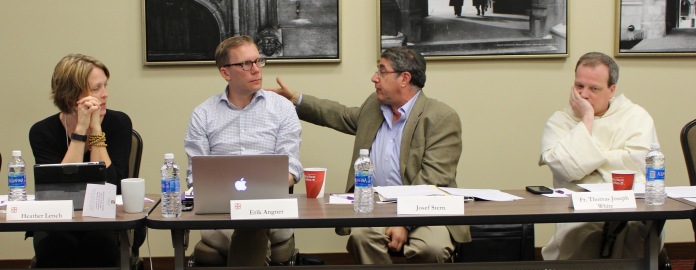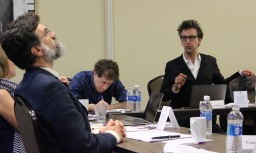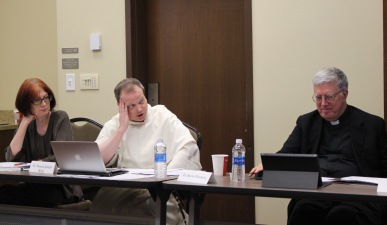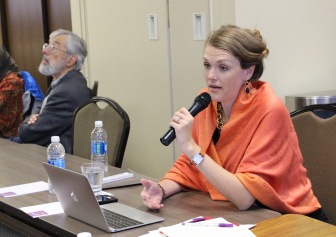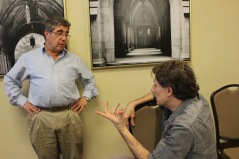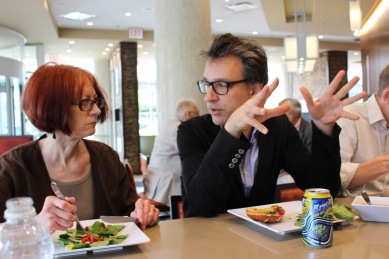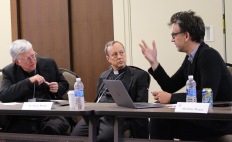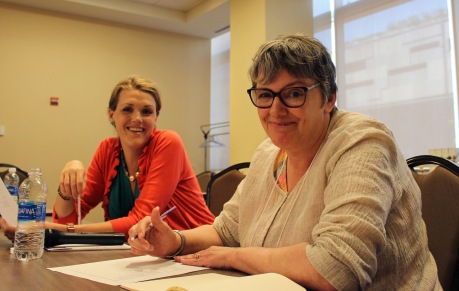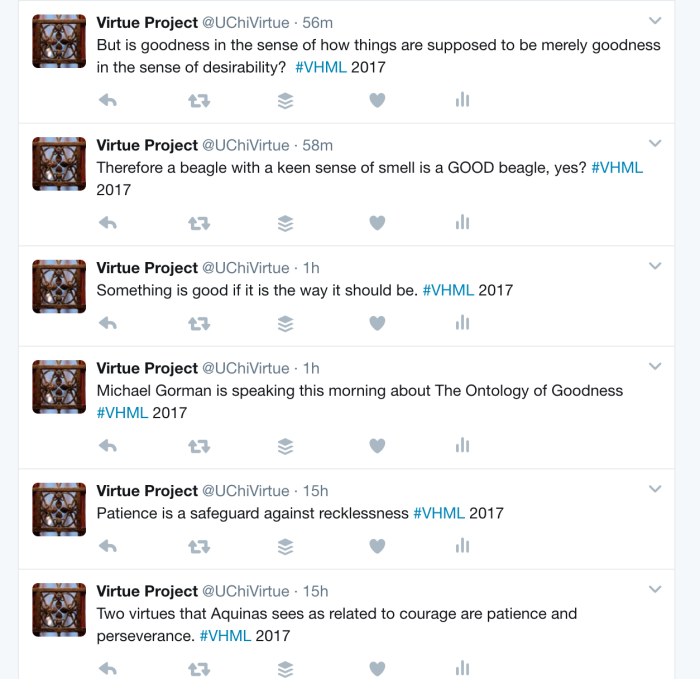
We’re presenting a short series of abstracts of the work-in-progress our scholars presented and discussed at their June 2017 Working Group Meeting.
David Shatz is Ronald P. Stanton University Professor of Philosophy, Ethics, and Religious Thought, Yeshiva University,
Because law plays a central role in Judaism, one initially assumes that its code of conduct is best characterized as an act morality rather than agent morality. In addition, one expects questions about proper conduct to be answered by rabbinic authorities formalistically– by derivation of the law from existing precedent laws by use of analogies. At their core, these expectations about Jewish ethics are correct. My aim in this paper, however, is to explore to what extent Jewish ethics can be characterized as well as an agent morality– that is, how, in Jewish tradition, considerations of virtue do or do not impact on norms and how they do or do not override formalistic derivations of proper conduct. The topic itself is not new, but I aim at a synthesis, analysis, and critique that is somewhat distinctive.
It must be said at the outset that Jewish tradition pays close attention to developing virtues. Indeed the literature on virtue is immense. Most famously, we have Maimonides’ work Eight Chapters, which is largely about virtue, and a section of his monumental legal code Mishneh Torah titled “Laws of Character Traits,” Medieval pietistic literature is a goldmine for explorations of character, and the Musar (translation: ethical) movement in the 19th century addressed in prodigious detail what traits are desirable and how to acquire them. Humility, faith, self-control, fear of heaven, love, kindness, compassion, altruism—these and more are foci of the huge virtue ethics literature in Judaism. The question is how this high regard for virtue, this spotlight on agent-morality, interacts with the rule-centeredness act-morality of Jewish law (Hebrew: Halakhah).
In particular, I want to show how the following theses about the law-virtue relationship appear in Jewish texts, and to explore some questions and disagreements surrounding them.
1) Some biblical laws are based on the desire to inculcate certain virtues and not on the belief that the actions proscribed or prescribed are in and of itself objectionable.
2) At times doing the right thing may diminish one’s character. (I’ll call this the problem of moral attrition.)
3) At times, doing the right thing reflects a character flaw—some right actions are such that a good person wouldn’t do them.
4) A concern for virtue expands the parameters of obligation.
5) Actions “bein adam la-havero” (=between two people, such as a giver of charity and a recipient) should not be motivated by submission to rules but rather should flow from inclinations (pace Kant).
Such claims appear in general philosophical literature, and the paper will utilize some of that material in examining the Jewish texts.


